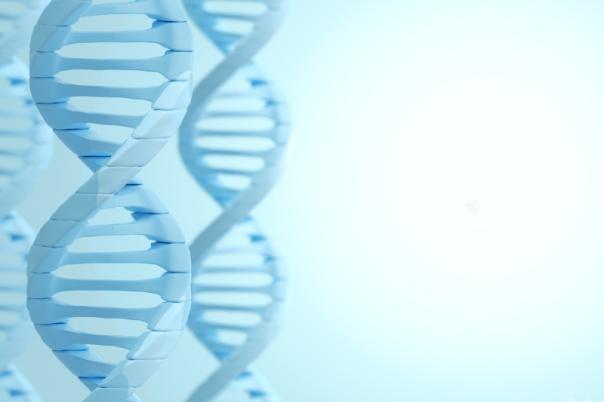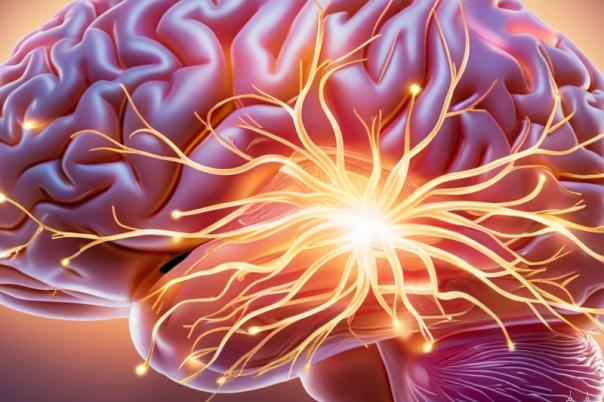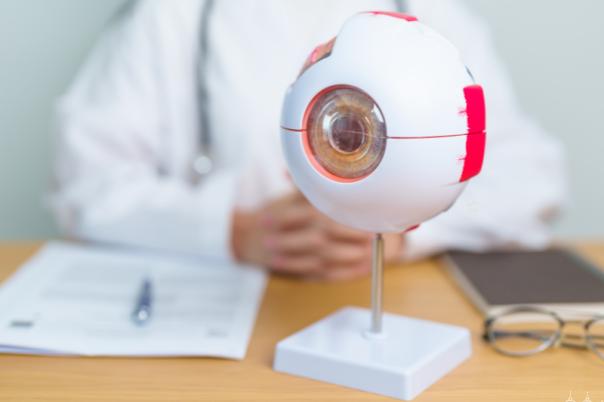Alchemab Therapeutics is exploring new therapeutics within neurodegeneration. April Woulfe, a Scientist from Alchemab Therapeutics, explained that the focus of the company is to examine why certain patients survive longer than expected with diseases like cancer or neurodegenerative disorders. Alchemab believes that the secret to why certain patients are resilient to disease lies within the immune system.
The body produces a variety of antibodies to combat external pathogens, but it can also produce antibodies that respond to cell targets. The protective auto antibodies are specifically of interest to Alchemab. The team performs deep sequencing of the B cell repertoires and then looks for convergent antibody sequences that are only present within the resilient population and not within the disease progressors or healthy controls.
The next step is figuring out what the antibodies actually bind to and what they do, so the process is unbiased and target agnostic. A range of target deconvolution and phenotypic strategies is used to try to determine this.
Alchemab has built a large database of antibody sequences and patient metadata, enabling the development of machine learning models for paratope prediction, light chain pairing, antigen binding prediction, and developability assessments. These tools support the efficient triaging and optimisation of antibody candidates.
Patient resilience was determined using a combination of two things: CAG repeat and CAG age, which combine to form the CAG score, a measure of the cumulative exposure to the mutant Huntington protein. The more CAG repeats, the earlier the onset of symptomatic HD.
Woulfe presented some work on ATLX-1095, a promising antibody therapeutic for Huntington’s disease. It was discovered through analysis of resilient individuals in the PREDICT-HD cohort and demonstrated strong binding to mutant Huntington protein, stability under stress, and specificity in vitro and in vivo.
Woulfe commented: “We maintained monomeric purity around 97%, no signs of fragmentation either. We're also able to show that it was stable, and when we concentrated the antibody to around 90 ml. Achieving these high concentrations is often something you want when you're looking for one clinical antibody therapeutic in a neurodegenerative field.”
The company has entered into a discovery deal with Eli Lilly to develop five novel therapeutics for ALS and has licensed ATLX-1282 to Lilly, with an IND filing expected imminently. These partnerships, along with support from Innovate UK and other collaborators, are pushing Alchemab’s pipeline forward.




